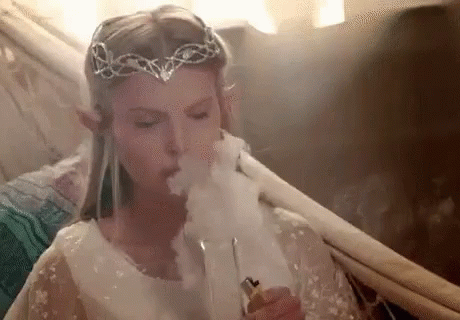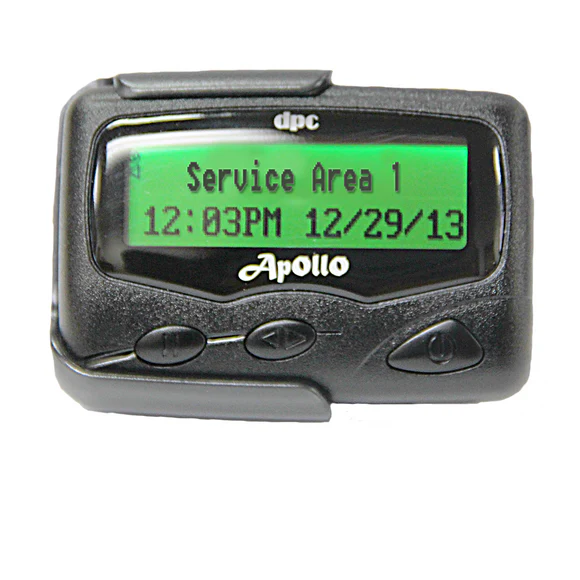- My Forums
- Tiger Rant
- LSU Recruiting
- SEC Rant
- Saints Talk
- Pelicans Talk
- More Sports Board
- Coaching Changes
- Fantasy Sports
- Golf Board
- Soccer Board
- O-T Lounge
- Tech Board
- Home/Garden Board
- Outdoor Board
- Health/Fitness Board
- Movie/TV Board
- Book Board
- Music Board
- Political Talk
- Money Talk
- Fark Board
- Gaming Board
- Travel Board
- Food/Drink Board
- Ticket Exchange
- TD Help Board
Customize My Forums- View All Forums
- Show Left Links
- Topic Sort Options
- Trending Topics
- Recent Topics
- Active Topics
Started By
Message
Would I have understood facial expressions if had been raised without human contact?
Posted on 9/19/25 at 11:06 am
Posted on 9/19/25 at 11:06 am
Both the expressions and interpretations.
Would a child raised without human contact still smile when he is happy? Would he understand a frown?
Are facial expressions completely a social construct or something innate?
Why do you furrow your brow when thinking hard?
Would a child raised without human contact still smile when he is happy? Would he understand a frown?
Are facial expressions completely a social construct or something innate?
Why do you furrow your brow when thinking hard?
Posted on 9/19/25 at 11:09 am to weagle1999
If a tree falls in the Mariana Trench, does it make a noise?
This post was edited on 9/19/25 at 11:10 am
Posted on 9/19/25 at 11:12 am to weagle1999
I would say yes to some degree.
You can tell when animals are happy/mad because of similar cues.
You can tell when animals are happy/mad because of similar cues.
Posted on 9/19/25 at 11:12 am to weagle1999
I think laughing and smiling are built into us.
Posted on 9/19/25 at 11:12 am to weagle1999
Yes. A study was done by Joe Navarro of the FBI on blind children who had been born blind. Despite never having seen, they still mimicked most of our body language and facial expressions. For example, when they were embarrassed or heard something they didn't like, they covered their eyes.
Posted on 9/19/25 at 11:23 am to GEAUXT
but if you smile at some animals they will interpret it as showing teeth
Posted on 9/19/25 at 11:26 am to Harry Morgan

I thought I was making a gal do that once but turns out the Mexican dinner we had was just doing a number on her
Posted on 9/19/25 at 11:34 am to weagle1999
Some, yes.
Smiles, frowns, etc, are universal
But others, are social constructs
Smiles, frowns, etc, are universal
But others, are social constructs
Posted on 9/19/25 at 11:36 am to weagle1999
I’m actually really good and being able to not show any expression what so ever when i want to.
So i can act like i have no idea what’s going on and be a huge smartass on purpose because someone came up with something fricking stupid to do
So i can act like i have no idea what’s going on and be a huge smartass on purpose because someone came up with something fricking stupid to do
Posted on 9/19/25 at 12:07 pm to weagle1999
How does the Brown-headed Cowbird know it is a Brown-headed Cowbird?
Posted on 9/19/25 at 12:10 pm to weagle1999
This post on X shows imaging (MRI maybe?) of a baby in the womb making both a smile and cry face, supposedly in response to exposure to different foods:
I don't know where she sourced this from, but if it's true, it clearly suggests the ability and desire to make facial expressions are innate since the baby could not have visually learned them from anyone.
As to whether a person can understand them on another person without training or exposure, I think the answer is yes, with a caveat...
I remember a time or two when I've been in a bad mood and been around others who were in a happy, carefree state and at that moment I was not vibing with them in the least. It might be a slight stretch to say I was in a temporary dissociative state in relation to these happy people, but in such moments I had no empathy with their feelings, thus saying I was in a dissociative state seems close enough for my point. It follows, then, that if someone remains in a dissociative state, they might not truly understand the expressions of others.
To be clear, I could recognize the happiness in others in these rare moments, but I was not in a state of truly understanding it, and may have even thought some of them to be foolish or had some other insult in mind with which I regarded them. I'm making a distinction between recognition and understanding. To truly understand, you have to have a level of empathy. As a parallel, consider a movie or book character who is a grouch of sorts most of the way through the story (like Scrooge in A Christmas Carol), but has an epiphany that allows him to finally understand the people around him. This sort of character transformation effectively changes the way people see and understand the world.
If you stretch your hypothetical question to its absolute limits, it would theoretically be possible for someone to not recognize or understand facial expressions on others. But it would require that person to also have a severely stunted development. They would have to have lived in a way that they did not experience emotions that induced expressions on their own face in a way they could reflect on and understand personally. And then they would have to be in a sort of permanent dissociative state with an utter lack of empathy that prevented them from ever resonating with the feelings of others.
Loading Twitter/X Embed...
If tweet fails to load, click here. I don't know where she sourced this from, but if it's true, it clearly suggests the ability and desire to make facial expressions are innate since the baby could not have visually learned them from anyone.
As to whether a person can understand them on another person without training or exposure, I think the answer is yes, with a caveat...
I remember a time or two when I've been in a bad mood and been around others who were in a happy, carefree state and at that moment I was not vibing with them in the least. It might be a slight stretch to say I was in a temporary dissociative state in relation to these happy people, but in such moments I had no empathy with their feelings, thus saying I was in a dissociative state seems close enough for my point. It follows, then, that if someone remains in a dissociative state, they might not truly understand the expressions of others.
To be clear, I could recognize the happiness in others in these rare moments, but I was not in a state of truly understanding it, and may have even thought some of them to be foolish or had some other insult in mind with which I regarded them. I'm making a distinction between recognition and understanding. To truly understand, you have to have a level of empathy. As a parallel, consider a movie or book character who is a grouch of sorts most of the way through the story (like Scrooge in A Christmas Carol), but has an epiphany that allows him to finally understand the people around him. This sort of character transformation effectively changes the way people see and understand the world.
If you stretch your hypothetical question to its absolute limits, it would theoretically be possible for someone to not recognize or understand facial expressions on others. But it would require that person to also have a severely stunted development. They would have to have lived in a way that they did not experience emotions that induced expressions on their own face in a way they could reflect on and understand personally. And then they would have to be in a sort of permanent dissociative state with an utter lack of empathy that prevented them from ever resonating with the feelings of others.
Posted on 9/19/25 at 12:16 pm to weagle1999
quote:
Both the expressions and interpretations. Would a child raised without human contact still smile when he is happy? Would he understand a frown? Are facial expressions completely a social construct or something innate? Why do you furrow your brow when thinking hard?
Not sure but I can tell you it's a vital part of communication and learning to speak. My wife is a speech therapist and business has been booming since Covid. Basically all of the kids from new born to 5 year olds were set back by the masks during COVID.
It was so bad that I believe the profession had to (or at least considered) reset the threshold on what was considered normal development and qualified for speech.
This post was edited on 9/19/25 at 12:19 pm
Posted on 9/19/25 at 12:21 pm to weagle1999
I want to be as high as you are
Posted on 9/19/25 at 12:50 pm to weagle1999
Research supports that the expression of the most basic facial expressions, especially angry aggression, fear/shock, and happiness have a strong innate/genetic component. Certainly environmental and learning factors play a role and an even much larger role in the expression of more subtle emotions. But the recognition of facial expressions also have an innate component.
The same applies to facial recognition.
The same applies to facial recognition.
Popular
Back to top

 18
18










